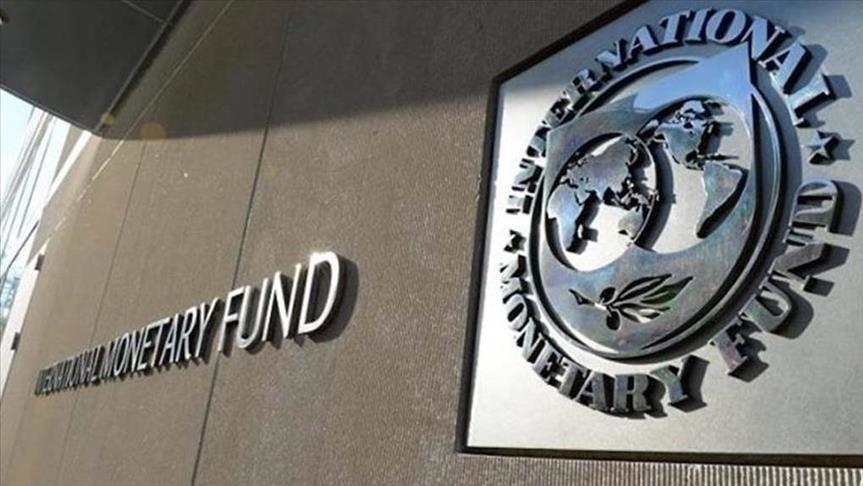DHAKA, Bangladesh
The International Monetary Fund (IMF) announced an initial agreement with Bangladesh on Wednesday to provide $4.5 billion in loans to support macroeconomic stability and risk management caused by climate change.
“The Bangladesh authorities and the IMF team have reached a staff-level agreement to support the (Bangladesh) authorities’ reform policies under a new 42-month ECF (Extended Credit Facility)/EFF (Extended Fund Facility) arrangement of about US$ 3.2 billion and a concurrent RSF (Resilience and Sustainability Facility) arrangement of about US$1.3 billion,” according to an IMF statement.
The development came after an IMF mission led by Rahul Anand, a senior economist in the Asia Pacific Department, visited Bangladesh for two weeks from Oct. 26 to Nov. 9, in response to the government’s request.
In terms of the loan’s purpose, the statement stated that the $3.2 billion ECF/EFF arrangement is aimed at “preserving macroeconomic stability” and supporting “strong, inclusive, and green growth, while protecting the vulnerable.”
Underlining the huge climate financing needs of the South Asian delta nation of nearly 170 million, it added that the “RSF is expected to provide affordable, long-term financing to support Bangladesh’s climate investment needs, catalyze climate financing, and reduce the balance of payment pressures from import-intensive climate investment.”
Anand identified structural issues in Bangladesh as critical for a long time, noting that the country needs to address structural issues to accelerate growth, attract private investment, enhance productivity, and build climate resilience in order to successfully graduate from the Least Developed Country status and achieve middle-income status by 2031.
However, the staff-level agreement is subject to IMF management approval and Executive Board endorsement, which is expected in the coming week, it added.
Meanwhile, Bangladesh’s Finance Minister AHM Mustafa Kamal told local media on Wednesday in the capital Dhaka that the loan will be paid in seven installments until December 2026.
He asserted that the loan’s interest rate will be determined by the market rate at the time of maturity. He claimed, however, that he initially calculated the rate to be around 2.2%.
Responding to concerns raised by some economists in the country about the IMF’s loan conditions, Bangladesh’s Road Transport and Bridges Minister Obaidul Quader, who is also the secretary general of the ruling Awami League party, stated that the government will not accept any IMF loan with “hard conditions.”

